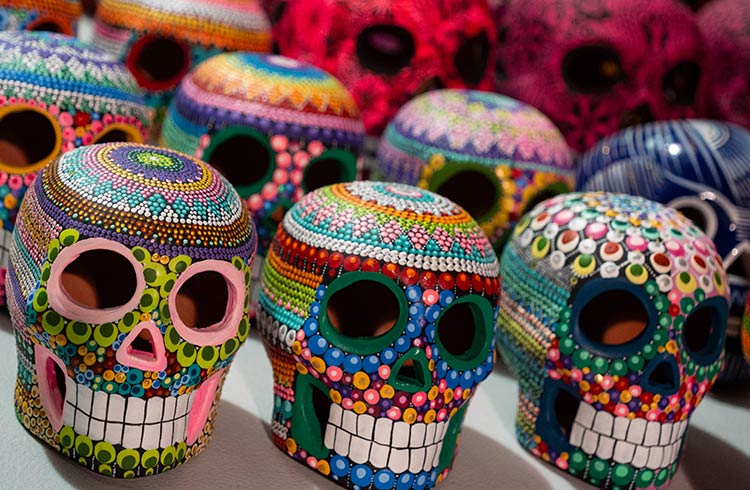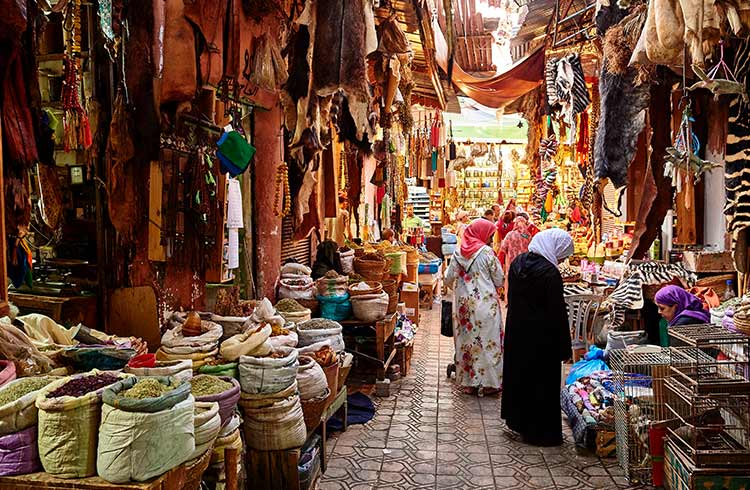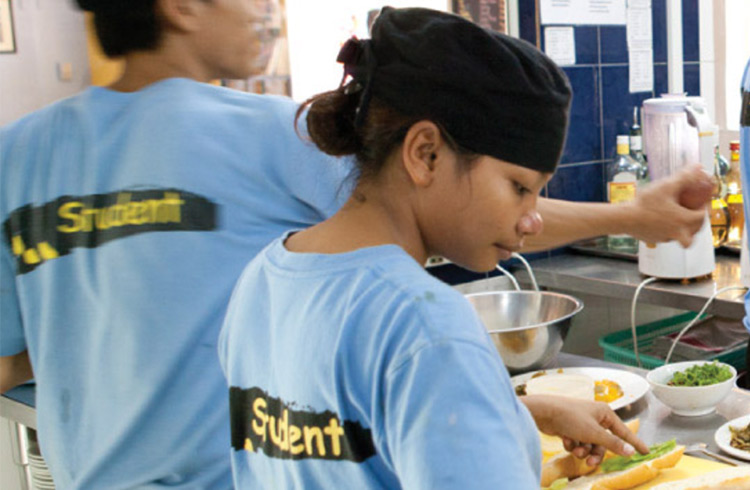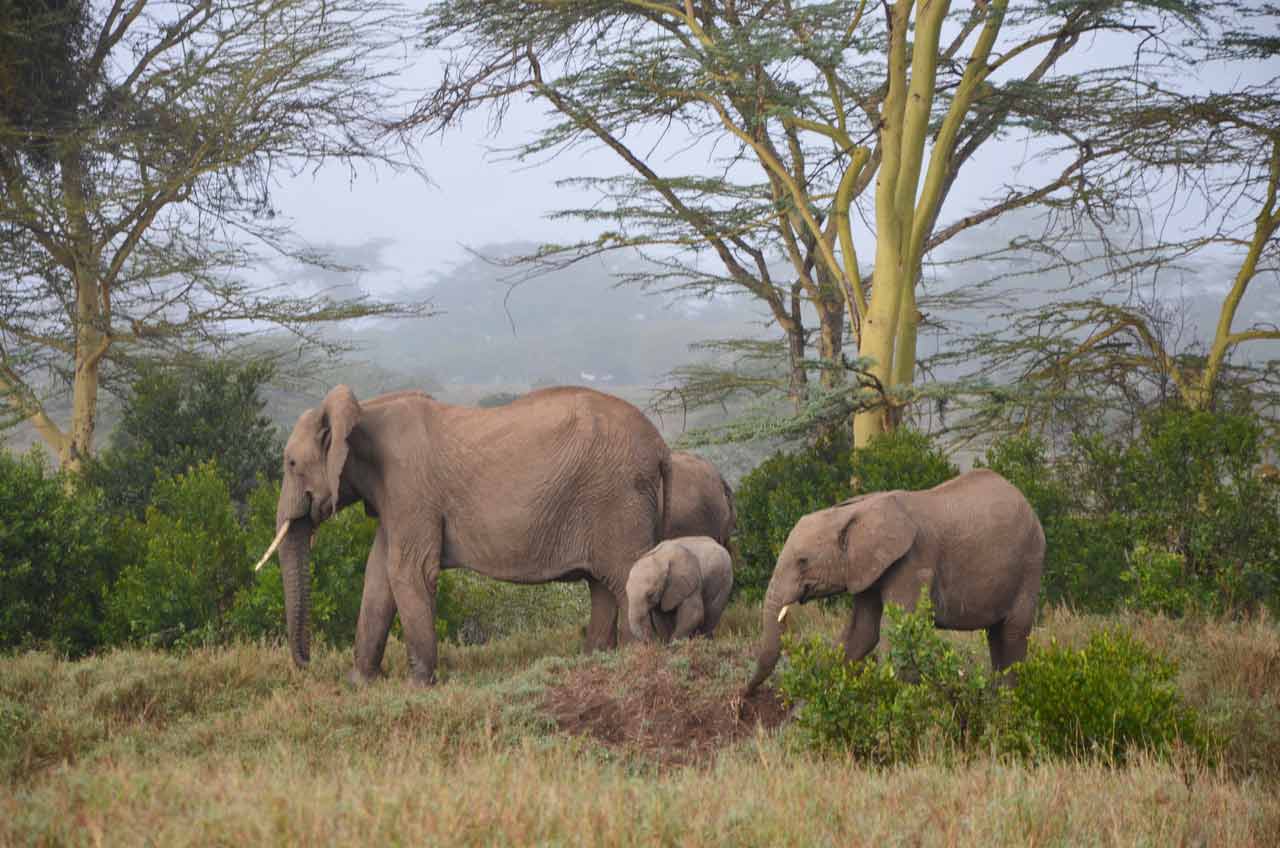Sidestep Souvenir Remorse with More Mindful Shopping
We all like bringing home treasures from our travels, but follow this guide to ethical and sustainable shopping before you buy.
 Photo © Getty Images / Donald Miralle
Photo © Getty Images / Donald Miralle
A good souvenir is a travel memento we cherish for years to come, but a bad one can mean you’re doing something as shocking as supporting the poaching of an endangered species. But spending your travel dollars on ethical and sustainable keepsakes made by locals will help the communities of the country you’re visiting, provided you’re smart about what you buy and who you buy it from.
- Why it's important to buy local
- How buying local enhances our travels
- What to buy – and what not to buy
Why it's important to buy local
If you buy your souvenirs direct from the person who makes them, you know the money will go straight to them, to be distributed back through the local community’s economy. Make the effort to get as close to the source of production of the souvenir as you can and talk with the person making it.
While buying local is great in itself, there’s more to it: ask how a souvenir is made, and whether the materials it’s made from are sustainable. Can you be certain that it’s definitely made locally? Is there more benefit to you buying this product than not? If there’s even a chance that there’s not, walk away.
Ask yourself (and be honest): does the souvenir help you support the local community and learn more about it, or will it just look pretty on your wall at the local community’s expense?
How buying local enhances our travels
Shopping responsibly is as important as behaving responsibly when we travel. But it also can be a lot of fun. Bazaars and markets are often some of most interesting places to visit when you travel. It’s here you’ll find weavers, carvers and other artisan producers, often making the product right in front of you.
Chatting and finding out more about them and their work can be a great way to integrate into the local community, and bartering can be a fun way to engage in conversation (but know the rules of the country you’re in: some countries, like Thailand, encourage good-natured bartering, while other countries find it offensive).
If you’re lucky enough to have a language in common, you’ll get to hear the stories behind your souvenir – how it’s made, how long it takes, how long the artisan has been doing it, and whether their parents or grandparents passed down the craft. Conversations like these provide a fascinating insight into a region or country. If you can, opt for one-off, hand-made trinket over bulk products, and let the maker know their creation is valued and going to a good home.
What to buy – and what not to buy
- Buy hand-made treasures that will last a long time, not cheap imported goods that probably all came from the same factories overseas.
- Look for products that involve the use of skills unique to that destination. Choose something that will mean something to you for a long time, not be thrown out in your next spring clean. And be sure to seek out Fair Trade items where you can. The World Fair Trade Organization mandates that Fair Trade goods are made by adults who are treated well and paid a fair wage, and that production is environmentally sustainable.
- The most important souvenirs to avoid are those using animal products, especially endangered animals. You’d be surprised how much ivory is out there – don’t buy it, and don’t fall for the ‘mammoth tusk’ label sometimes given to ivory to sidestep regulations, Also avoid buying any products featuring skin, fur, bone, shell, beaks or hooves.
- It should go without saying that travelers should never buy any souvenirs derived from monuments or ancient ruins – you don’t really need an actual piece of history, do you?
- Turtle shells are for sale throughout Asia, in everything from hair clips to bracelets, but they come from critically endangered hawksbill turtles. Don’t buy coral or seashells, bird feathers, snake wine (the snake is often put in alive) and if you’re buying herbal medicine, make sure it’s plant-based.
Trip cancellation cover starts as soon as you buy your policy, before you begin traveling. Make sure you pack travel insurance.
Related articles
Simple and flexible travel insurance
You can buy at home or while traveling, and claim online from anywhere in the world. With 150+ adventure activities covered and 24/7 emergency assistance.
Get a quote


No Comments